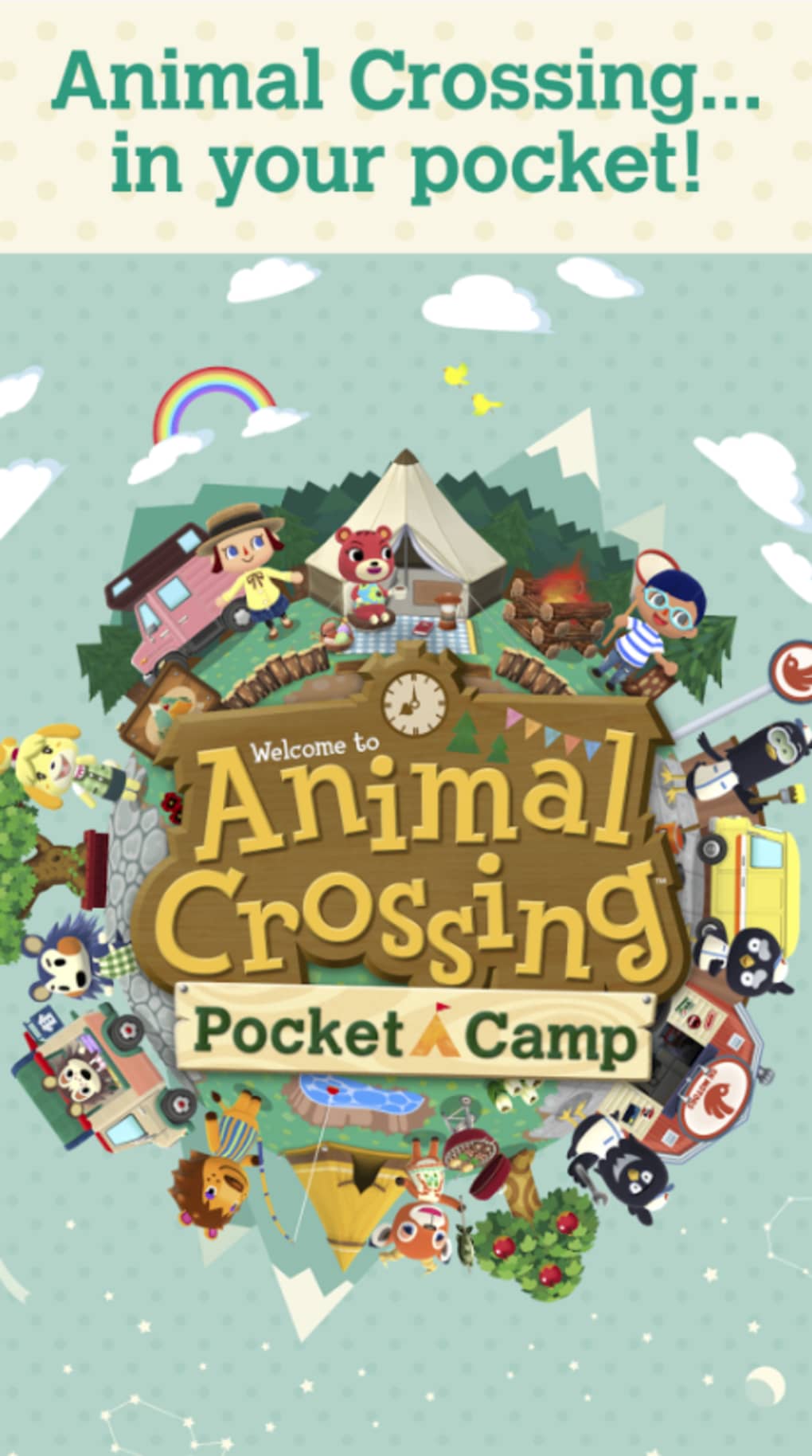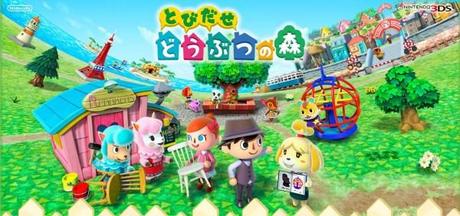

Today, my son is about to graduate from college and into the economic cataclysm that will likely become the coronavirus depression. The whole time my kid with the video-game mortgage was growing up, I insisted in books and during lectures and on late-night shows that games like Animal Crossing could help people better understand other big problems, like climate change or even pandemic flu (a topic I later turned into a game, not that it made much of a difference). When spring blooms, as it is now, the wind makes cherry blossoms dance over the streams. Instead, you might bury treasure on the beach, or just watch the stars at night. You can work off that infernal mortgage, of course, but you can also choose not to, and Tom Nook will never evict you. You can buy clothing, furniture, and other goods, or do odd jobs for the animals who live in town. You can fish and catch bugs, plant trees or chop them down for wood. Amid social and economic chaos, with most people holed up inside, the days having melted into a shapeless slurry, Animal Crossing serves up unexpected consolation by offering surrogate habits-a structured, if fictional, alternative to normal life.ĭays pass in real time, and the seasons change too, along with the calendar. The title has become so popular, in fact, that Nintendo Switch consoles have become about as hard to find as hand sanitizer. A new title in the franchise, New Horizons, launched in late March, just as many Americans were settling into quarantine its players have since found comfort and relief in the game’s cute pastoralism, a reprieve from uncertainty. What the hell kind of video game consigns you to a mortgage when you boot it up? But Animal Crossing had taught my young son about the trap of long-term debt before he ever had a bank account.Īnimal Crossing is back, and what a time for it to arrive. “What should I do?” he asked.įor years, I spun this story as an example of games’ special ability to teach complexity. Until the note was paid, my son reasoned, he wouldn’t be able to take out another loan-to fund a home expansion that would finally make room for all his purchases. He also had no cash to pay off the mortgage, which the local real-estate tycoon, a raccoon named Tom Nook, had forced him to take out upon arrival.

But now he had no room for all that stuff, he explained to me.

The problem was familiar, although perhaps not to a kindergartner: He had spent his income on the trappings of consumer life-furniture, garments, accessories, even video games. M any years ago, when my son was 5, he got upside down on a long-term loan in Animal Crossing, Nintendo’s 2002 video game about running away from home to lead a prosaic life in an adorable animal village.


 0 kommentar(er)
0 kommentar(er)
